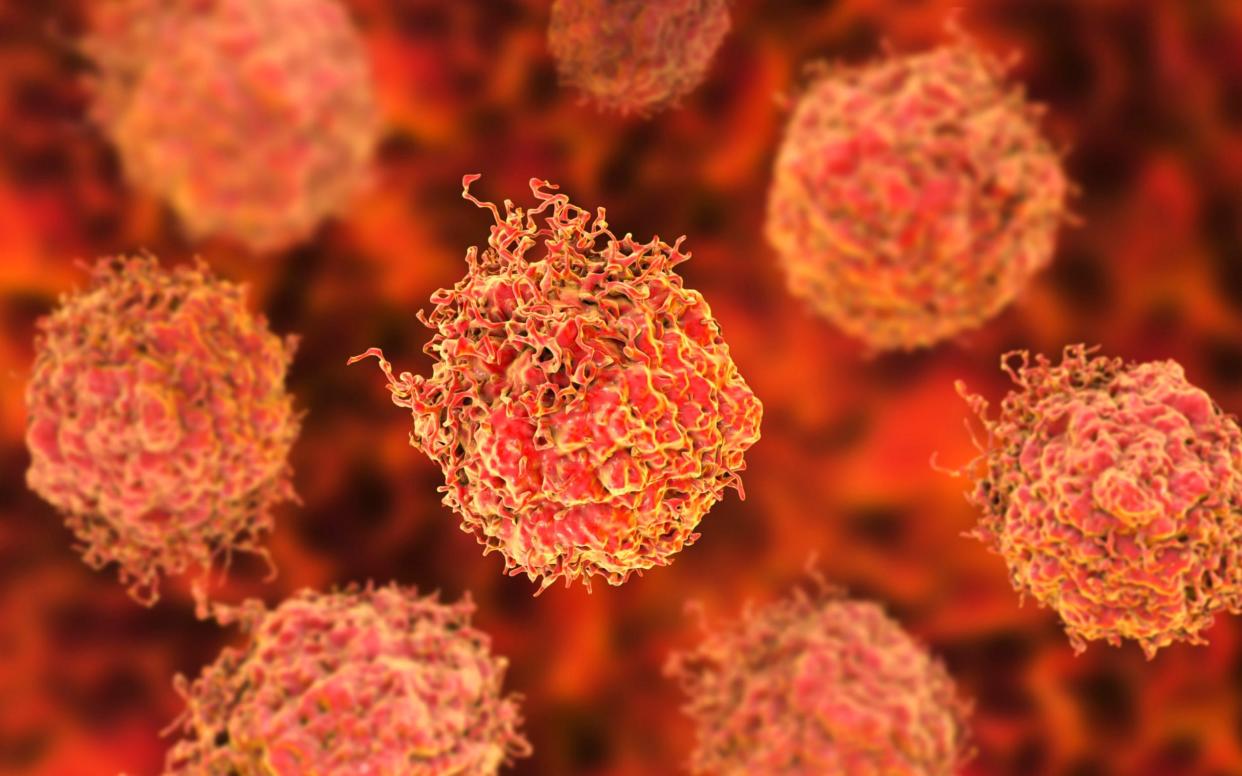Prostate cancer referrals have dropped by half since lockdown, figures show

Prostate cancer referrals have dropped by half since the start of lockdown, with 27,000 fewer men checked for the deadly disease, official figures show.
Experts warned that missed checks during the coronavirus pandemic mean 3,500 men are at risk of dying from the condition.
Prostate Cancer UK is calling on all men at increased risk of the disease – such as those aged over 50, black men and those with a history of the disease to talk to their GP about whether to have tests which can help make a diagnosis.
Medics said thousands of men could face early death because of a lack of access to NHS checks during the virus crisis.
The number of cases referred between April and June is the lowest for a decade, and 49.5 per cent lower than the same time last year, the NHS figures show.
Experts said some men had stayed at home for fear of catching coronavirus, while others struggled to see their GP or saw their family doctor but could not obtain an urgent referral.
Even in June, referrals were still down by 46 per cent in London and more than a third lower than normal in the north-west, north-east and Yorkshire, the figures show.
Angela Culhane, the chief executive of Prostate Cancer UK said: "Detecting prostate cancer earlier helps save lives, but Covid-19 has made it harder for men to visit their doctor this year.
"We estimate there could be 3,500 men in England with a higher-risk prostate cancer which has not yet been diagnosed. If we don't act now, we could face a future where thousands of men are diagnosed too late, when the cancer has advanced to a stage that cannot be cured."
The charity is calling for all men with an increased risk of prostate cancer to talk to their GP about prostate specific antigen (PSA) tests, which can show changes requiring investigation.
Experts also urged men to use the charity's 30-second risk checker to establish their own risk.
Dr Sarah Jarvis, a GP backing the Prostate Cancer UK campaign, said: "It is a cause of enormous concern to me that cancer assessments have dropped so significantly in the last few months.
"There have been many reasons for this – patients have been understandably concerned about being referred to hospital because of the risk of Covid-19, it has been harder to get a face to face appointment with a GP, and GPs have found it harder to get patients seen urgently.”
Dr Richard Roope, a GP from Hampshire, said thousands of men could miss out on the chance to have their prostate cancer diagnosed when it can still be cured.
"Prostate cancer kills more than 11,500 men each year," he said. "Most men won't have any symptoms until their cancer has progressed and is no longer curable, which is why I would encourage anyone who falls into a higher risk category – which includes men over 50, especially black men and those with a family history of prostate cancer – to act now and speak to their GP about the pros and cons of a PSA blood test."
The campaign is backed by the BBC journalist and Prostate Cancer UK ambassador Bill Turnbull, who has spoken about his own diagnosis.
He said: "When I shared my story of prostate cancer in 2018 along with Stephen Fry, thousands of men spoke to their doctor and were also diagnosed. But the coronavirus pandemic has prevented so many of these vital conversations. That's why I really want men to take the simple 30-second online risk check now."
Professor Peter Johnson, the NHS National Clinical Director for Cancer, said: “45,000 more people were referred for cancer treatment in June compared to the month before, while 85,000 people began cancer treatment during the first wave, with 92 per cent of them starting treatment within two weeks.
“As well as referrals for cancer being maintained during the pandemic, including through GP appointments, the NHS also brought in ‘Covid friendly’ cancer drugs, including enzalutamide for prostate cancer, which enabled people to keep going with treatment safely at home, so if you’re a male aged over 50, or have a family history of prostate cancer, get in touch with your GP to discuss your risk.”

